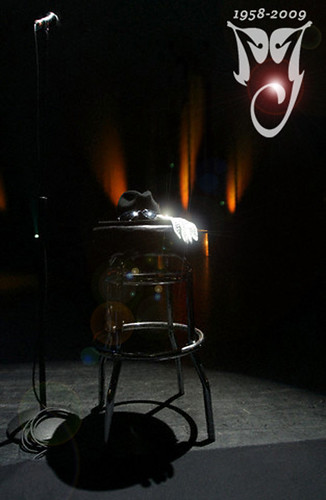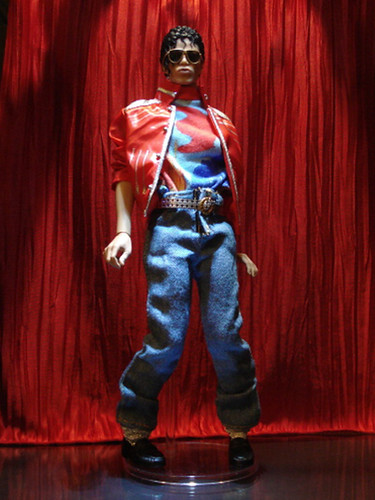In the frenzy of media coverage of Michael Jackson's death, his 2005 trial on charges of child molestation has been dredged up repeatedly, along with insinuations that the verdict was a case of a celebrity "buying justice." I am offended whenever I hear that tired accusation.
Cynics say Jackson went free because he hired the best lawyers. It may seem witty for critics to repeat Robert Frost's comment that a jury consists of 12 persons chosen to decide who has the better lawyer, but I think that is nothing more than a "sour grapes" argument, trudged out whenever a celebrity accused is acquitted.
Obviously the quality of a lawyer matters in presenting the best defence possible, but it is pure ignorance to believe any defendant has ever won a case based solely on the fame of his lawyer. I cannot imagine any judge or juror ever explaining an acquittal on that basis. I have no doubt Jackson's lawyers worked exceptionally hard on preparing his case.
It is also an insult to prosecutors to suggest that Jackson's case was decided by his wealth or choice of defence lawyers. The prosecution's lawyers were no slouches, and the prosecution always has tremendous resources available to them.
Remember, the richest man in the world is Bill Gates, and even he lost when the U.S.government prosecuted Microsoft for anti-trust violations. Having served a five month jail sentence, Martha Stewart might also question whether wealth and celebrity can buy freedom.
Think again
If you think you know that Jackson should have been convicted, think again.
The Jackson trial lasted more than three months, and none of it was televised. Even a slow day of trial will usually include at least four hours of testimony. Thousands of words can be spoken during a single day of testimony, but the journalists who covered the trial probably never wrote more than 1,000 words or used three minutes of TV time to try to summarize each day's developments.
The fact of the matter is that reporting a trial is like a game of broken telephone. Do not think that you know what happened in the courtroom just because you followed the case in the news.
One observer who did attend the trial was Andrew Cohen, chief legal analyst for CBS News.
Following the trial he wrote a column addressed to those who were upset with the verdict: "The case against Jackson was so bad that even you would have acquitted him based solely upon the evidence. Yes, it was that bad."
In every democracy that has a constitution, one of the hallmarks of justice is the presumption of innocence. Everyone is presumed to be innocent and is, in fact, innocent unless and until the government proves guilt beyond a reasonable doubt.
If a jury says not guilty, that means, in law and in fact, the person found not guilty is innocent. Whether or not people have difficulty accepting this proposition, it is a central tenet in a free country.
Jackson probably won't be remembered as a saint, but based on the evidence we have, he cannot be remembered as a pedophile, either.
You don't have to forget his unusual relationship with young boys, but you should remember what an acquittal means. It means that in life and in death, Jackson is an innocent man.
-- Edward L. Greenspan is a Toronto criminal lawyer





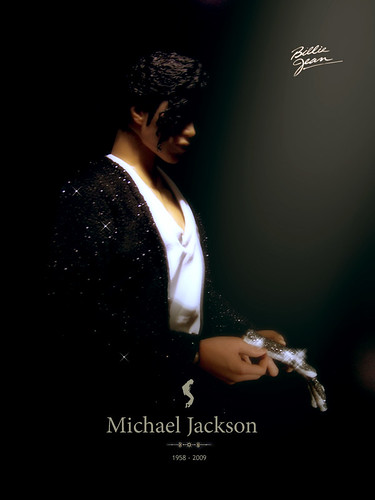
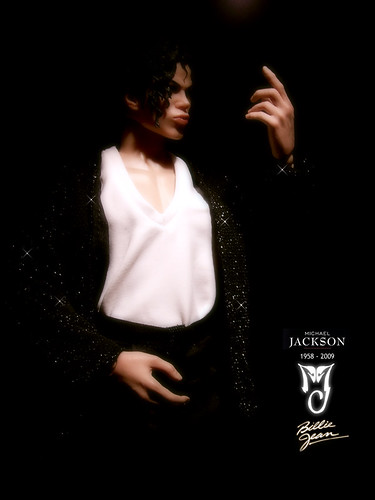
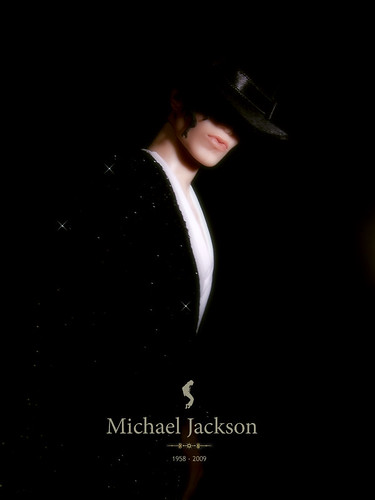












 Hey guys I don't want to get between this, but Kuzeh thanks for posting that Amazon link. First time I've heard of this book, I am buying it, it looks interesting and hopefully it is well researched.
Hey guys I don't want to get between this, but Kuzeh thanks for posting that Amazon link. First time I've heard of this book, I am buying it, it looks interesting and hopefully it is well researched.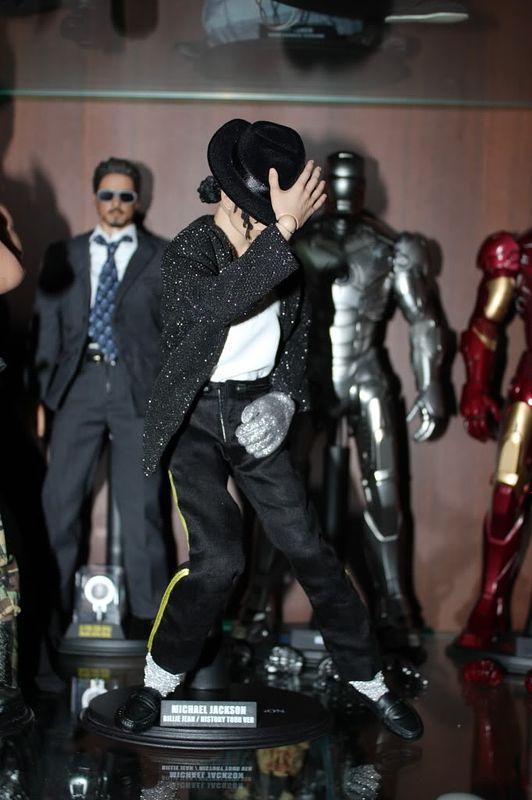
 Very nice pose.
Very nice pose.
